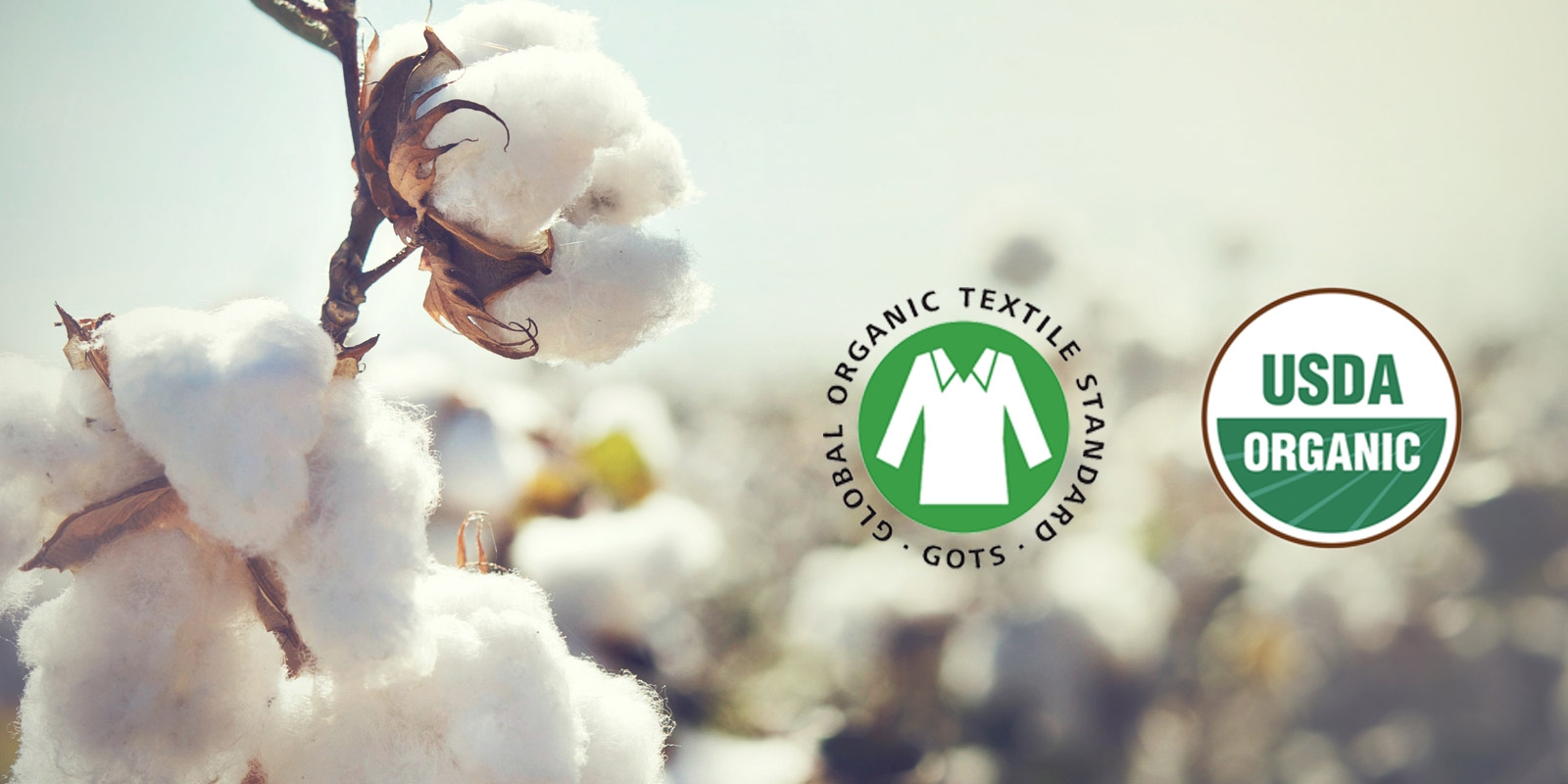
Organic cotton is generally defined as cotton that is grown organically in subtropical countries such as India, Turkey, China, and parts of the USA from non-genetically modified plants, and without the use of any synthetic agricultural chemicals such as fertilizers or pesticides aside from the ones allowed by the certified organic labeling. Its production is supposed to promote and enhance biodiversity and biological cycles.In the United States, cotton plantations must also meet the requirements enforced by the National Organic Program (NOP) from the USDA in order to be considered organic.
This institution determines the allowed practices for pest control, growing, fertilizing, and handling of organic crops. The Global Organic Textile Standard (GOTS) was developed through collaboration by leading standard setters with the aim of defining requirements that are recognised world-wide and that ensure the organic status of textiles from harvesting of the raw materials through environmentally and socially responsible manufacturing all the way to labelling in order to provide credible assurance to the consumer. Since its introduction in 2006 the Global Organic Textile Standard has already demonstrated its practical feasibility. Supported by the growth in consumption of organic fibres and by the remarkable demand for unified processing criteria from the industry and retail sector, it has gained universal recognition, enabling processors and manufacturers to supply their organic textiles with one certification accepted in all major markets. With the introduction of the logo and labelling system the GOTS is already visible not only on the shelves of natural textile shops but large-scale retailers and brand dealers as well. This is a milestone in consumer recognition and a strong acknowledgement of our reliable quality assurance concept.